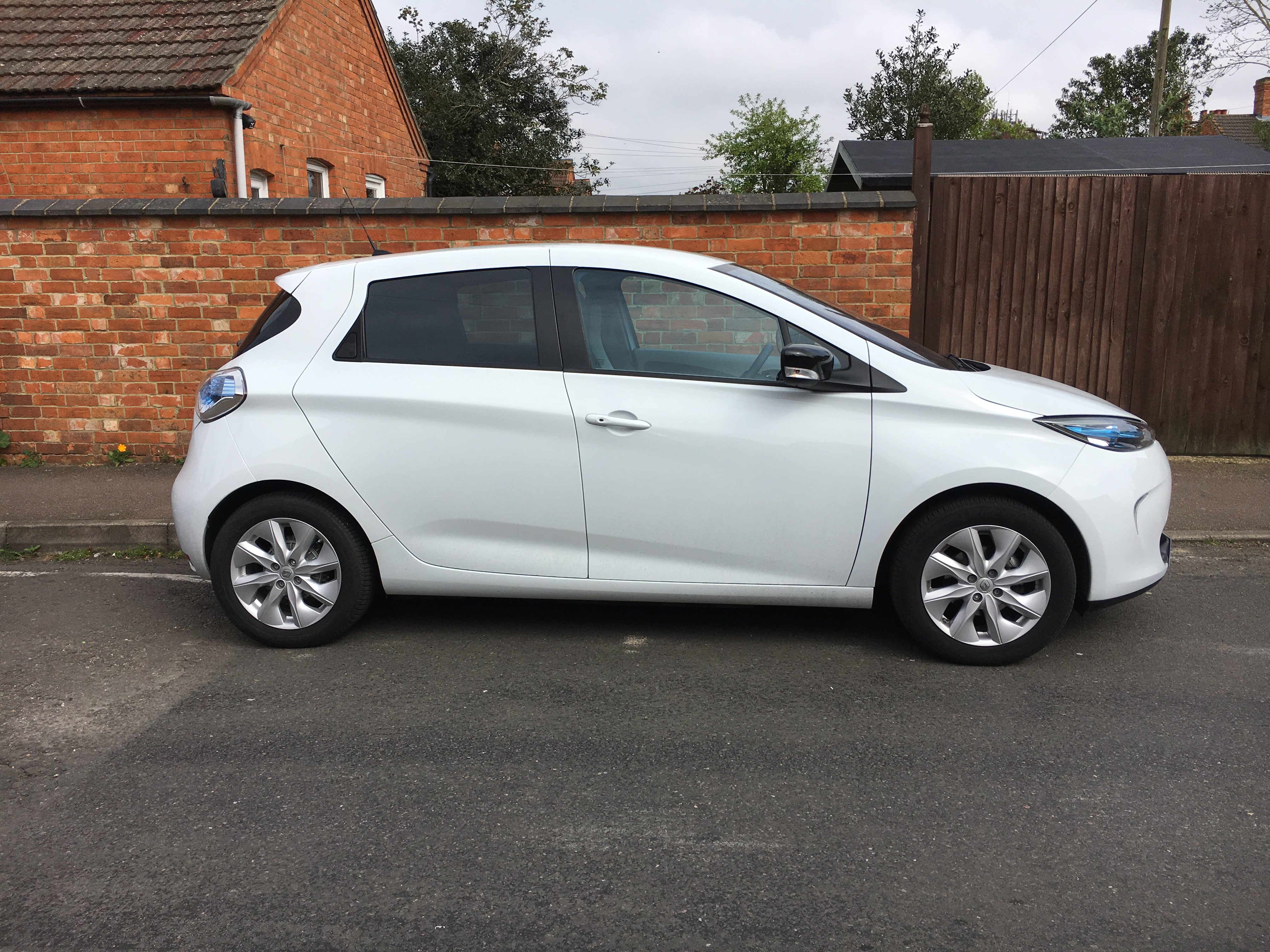(REPOST: Autovista Group)
The Renault Zoe is an example of this, with sales in Europe rising 48% to 27,245 in the first 11 months of last year. However, sales of the Nissan Leaf were flat at 16,531. Part of the reason being that Renault increased the range of its entry-level EV to 180 miles in real-world driving. However, Nissan waited until the launch of its new model to boost its electric range.

With other manufacturers pushing into the market, starting with smaller vehicles to encourage regular drivers. BMW was one such manufacturer, the i3 offering a premium feel in a small car. Daimler is looking at a similar path with its EQ models, while Volkswagen is planning on 80 new electric cars by 2025. Therefore the EV market will suddenly become crowded with the trailblazers fighting to maintain their market share.
Renault electric vehicle program director Gilles Normand said the increase in available distance crossed a ‘red line’ for buyers. ‘2017 was about increasing the range,” Normand said in an interview. “We are getting more customers from the mainstream market. It’s no longer just the tech-savvy or eco-sensitive. Fundamentally, the idea is to keep on making Zoe competitive in the marketplace, because we are anticipating more competitors will come, especially toward the end of the year,’ he said.
Renault said it would introduce eight new electric vehicles by 2022 as part of its Drive the Future strategic plan. The next to appear is likely to be an electric version of the Kwid supermini SUV sold in emerging markets.


